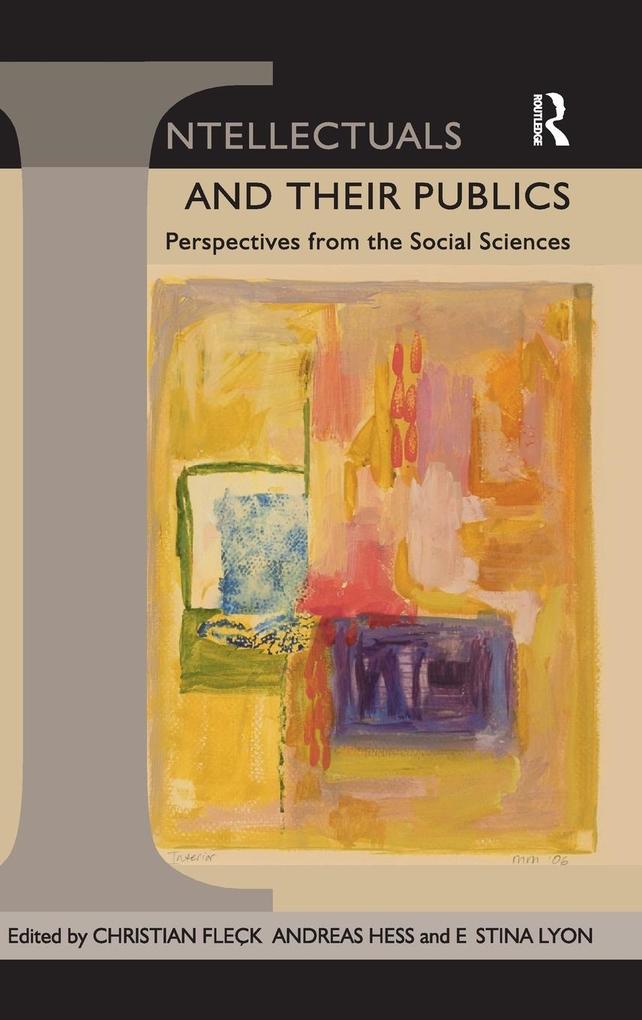
Zustellung: Mi, 09.07. - Mo, 14.07.
Versand in 2 Wochen
VersandkostenfreiBestellen & in Filiale abholen:
The ever changing role of an intellectual in this new age of political uncertainty is innovatively focused on within this exciting collection of essays. Its provocative studies and multifaceted responses promote a vigorous debate of individual case studies and will be of particular interest for sociologists, political theorists and historians of ideas.
Inhaltsverzeichnis
Introduction; One: Provocations; 1: Public Intellectuals and Civil Society; 2: Can Women Be Intellectuals?; 3: Terrorism and the Betrayal of the Intellectuals; Two: Complications; 4: European Civil Society and the European Intellectual: What Is, and How Does One Become, a European Intellectual?; 5: What Influence? Public Intellectuals, the State and Civil Society; 6: Public Intellectuals, East and West: Jan Pato?ka and Václav Havel in Contention with Maurice Merleau-Ponty and Slavoj Žižek; 7: Public Intellectuals and Totalitarianism: A Century's Debate; Three: Case Studies; 8: Tocqueville as a Public Intellectual 1; 9: Tocqueville's Dark Shadow: Gustave de Beaumont as Public Sociologist and Intellectual Avant la Lettre; 10: French Sociologists and the Public Space of the Press: Thoughts Based on a Case Study (Le Monde, 1995-2002); 11: You Only See What You Reckon You Know: Max and Marianne Weber in the United States of America at the Turn of the Twentieth Century; 12: Towards a Sociology of Intellectual Styles of Thought: Differences and Similarities in the Thought of Theodor W. Adorno and Jürgen Habermas; 13: Women as Public Intellectuals: Kerstin Hesselgren and Alva Myrdal; 14: How Hayek Managed to Beat Lazarsfeld: The Different Perception of Two Sub-fields of Social Science 1; Three: Conclusion
Produktdetails
Erscheinungsdatum
28. Dezember 2008
Sprache
englisch
Seitenanzahl
292
Autor/Autorin
Christian Fleck
Herausgegeben von
Andreas Hess
Verlag/Hersteller
Produktart
gebunden
Gewicht
590 g
Größe (L/B/H)
234/156/18 mm
ISBN
9780754675402
Entdecken Sie mehr
Bewertungen
0 Bewertungen
Es wurden noch keine Bewertungen abgegeben. Schreiben Sie die erste Bewertung zu "Intellectuals and their Publics" und helfen Sie damit anderen bei der Kaufentscheidung.









